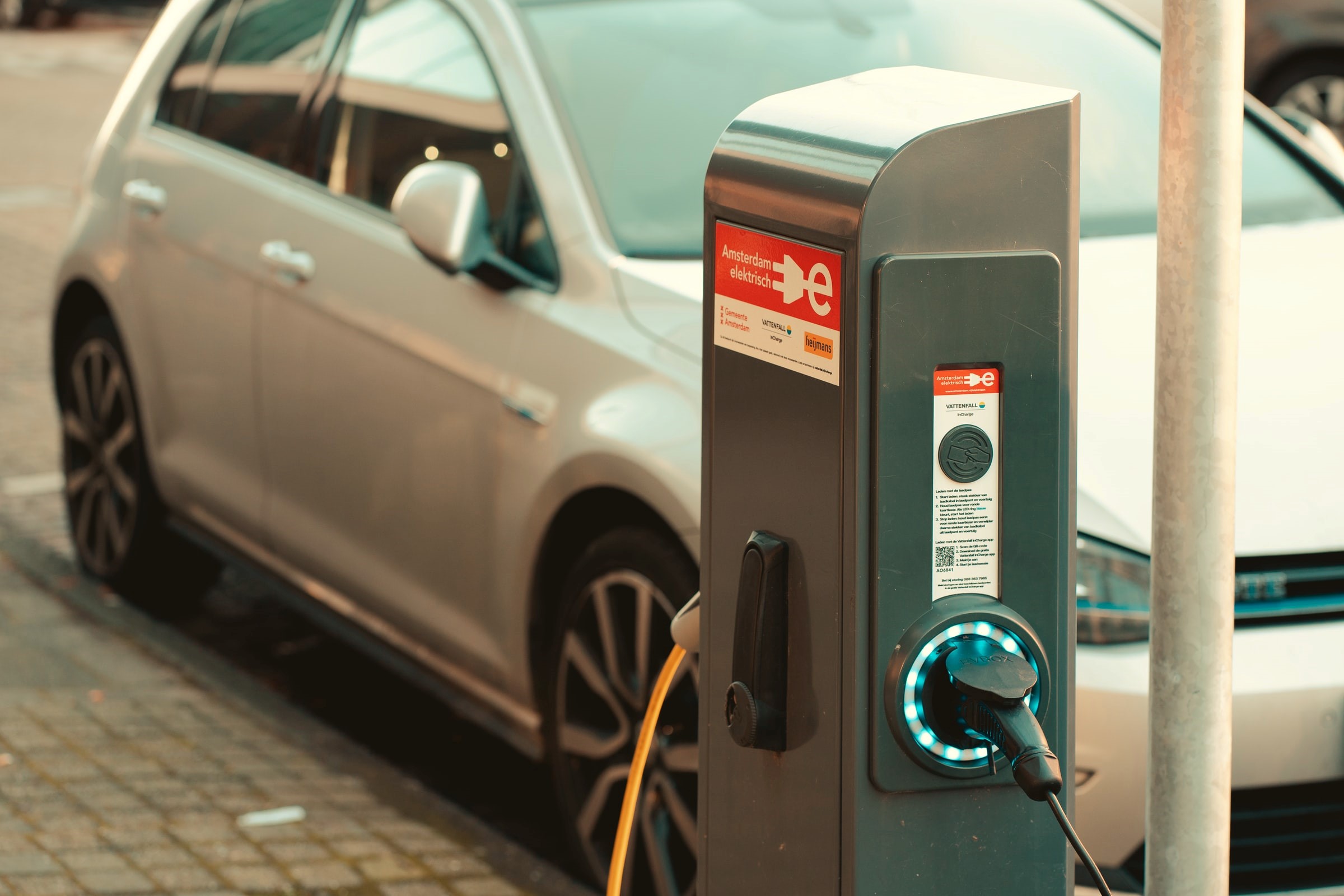The electric vehicle revolution has been prophesied for decades but progress has been slow. However, with worldwide governments promising to tackle climate change, it’s likely that the shift to electric will happen in the very near future. This is bolstered by the improvements in technology and infrastructure, ensuring that these vehicles are not only valid options but also attractive alternatives to traditional cars.
Many governments have pledged to ban the sale of new petrol, diesel and fuel vehicles, within a specific time frame. For example, the UK government will bring in this ban from 2035. With this in mind, many car owners will be considering electrical vehicles as a potential option, for the first time. Therefore, what are the benefits and drawbacks of these new vehicles and how will this change in the future?
Pro
Obviously, the main upside of electric vehicles is that they are much more environmentally friendly compared with those that use fuel. They also benefit the environment in multiple ways. For example, they can utilise renewable energy sources such as solar and wind, as opposed to traditional vehicles which use non-renewable sources such as petrol. However, they’re also a great option for those wanting to tackle pollution. Vehicles powered by electricity do not produce any emissions and therefore don’t add to the problems of air quality, greenhouse gases and global warming.
The environmental considerations of electric vehicles are attractive enough but there’s also some potential personal benefits for drivers. For example, electric vehicles are cheaper and easier to maintain due to their unique design. They’re also much quieter and therefore produce much less noise pollution on the roads.
With such a push towards this new technology, the government have provided incentives for drivers to make the change to electric. One such incentive is a grant of up to £2,500, which is applied against the price of electric, low-emission vehicles. There are also a variety of other monetary incentives to purchasing an electric vehicle, including reduced national insurance contributions and exemption from certain congestion charges.
Con
There are so many upsides to owning an electric vehicle, you may be asking yourself why they aren’t more popular. Unfortunately, there are some drawbacks to consider before making the leap.
One of the main issues that customers have with electric vehicles is pricing. Generally speaking, electric cars are more expensive than traditional cars, sometimes substantially so. This is obviously a problem for many drivers, however prices have been coming down in recent years. In fact, one of the deciding factors in the recent popularity of electric vehicles is the reduction in price.
Another factor to consider is range, as petrol fuelled vehicles will normally take you much further on a single tank, compared with an electric vehicle. This problem is often compounded with the inconvenience of having to charge your vehicle. Charging can take a long time and it can be difficult to find a charging station. Therefore, a long-haul journey using an electric car could be tricky. However, this is another aspect of the industry which is continually changing as the technology advances, vehicles get better and infrastructure is improved.
Just like with any new technology, electric vehicles are limited to a few different models, without much competition. However, as they grow in popularity, this will change and the options available for customers will expand.
Conclusion
It’s not a question of if society will move to electric vehicles but more a question of when. While the technology may not be perfect right now, it’s improving each and every day. It’s likely that in the near future, the issues of pricing, convenience and choice will be remedied and the electric car will be the obvious choice.














